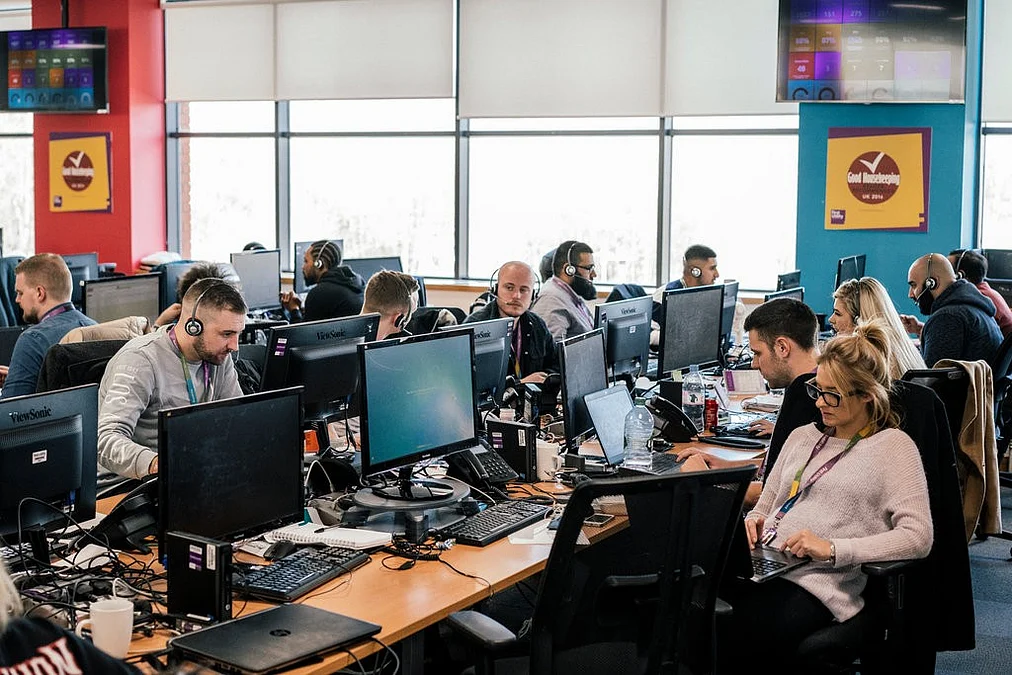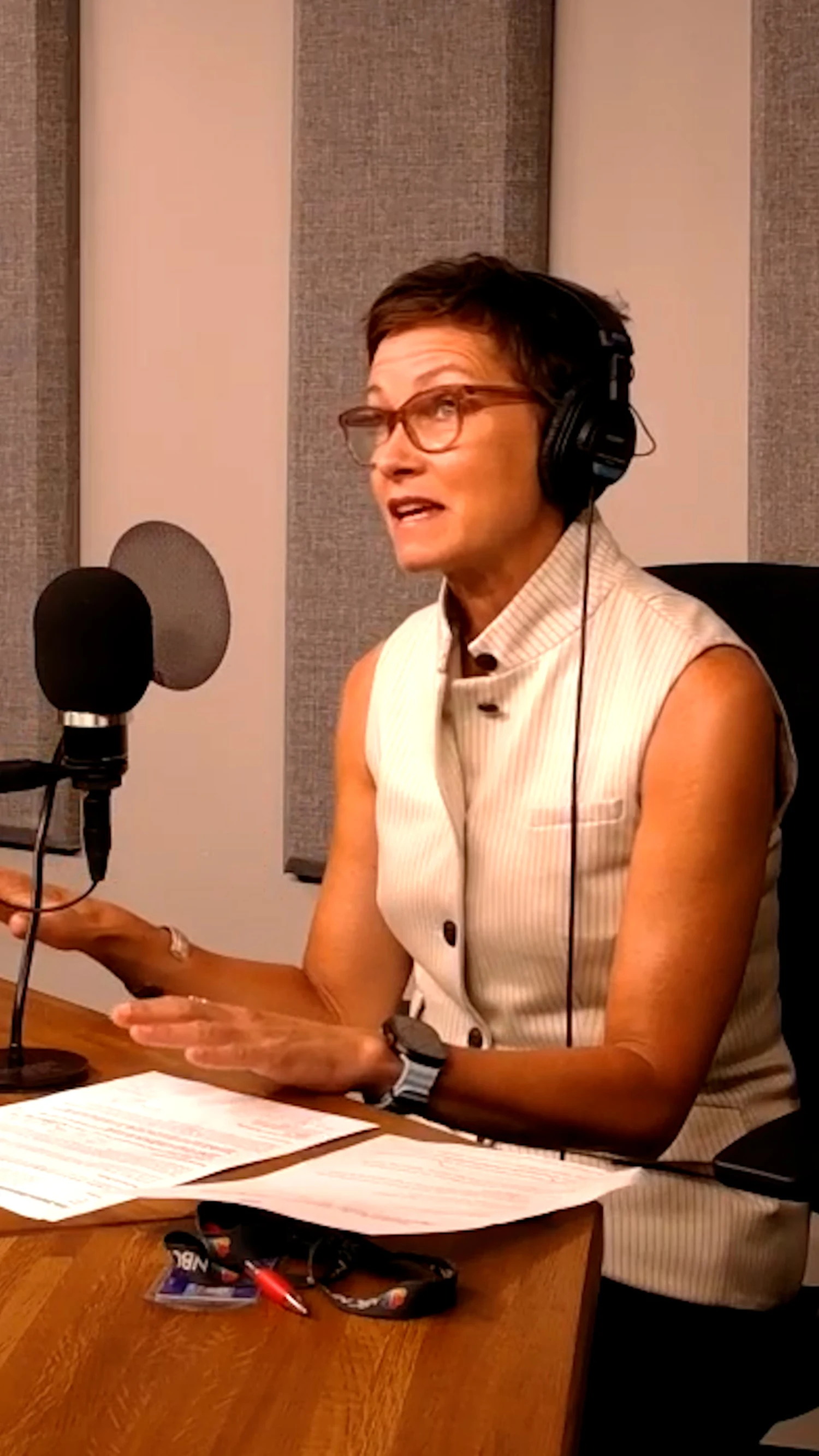By Jay Hilotin
Copyright gulfnews

People who work fewer days are not only happier; they are just as productive, according to the largest trial of its kind. A sweeping study published in Nature in July 2025 confirms what many workers have long suspected: the four-day workweek works.A six-month trial of a four-day workweek across six countries found that reducing workdays (while keeping pay constant) led to reduced burnout, higher job satisfaction, and improved mental and physical health.Researchers examined the impact of shifting from five workdays to four — with no loss of pay — across six countries. The results were striking. .Lower burn-outEmployees reported lower burnout, higher job satisfaction, and better mental and physical health.The six-month experiment also revealed that fears of falling productivity were overstated. While some participants admitted compressing five days of tasks into four created added stress, the overall benefits outweighed the drawbacks. In most cases, output held steady or even improved..“I feel like if AI can make all of our lives better, why do we need to work for five days a week? Every company will support three days, four days a week. I think this ultimately frees up everyone’s time.”Eric Yuan, Zoom CEO.“Reducing the standard workweek brought measurable gains in well-being without significant performance loss,” the study’s authors stated.The findings add weight to a growing global movement rethinking work culture. As companies explore new models to attract and retain talent, the four-day workweek is emerging less as a perk and more as a viable blueprint for the future of work..But what about a three-day workweek?Zoom CEO Eric Yuan joins Bill Gates, Jensen Huang, Jamie Dimon, and others in predicting that we may be heading toward a three- or four-day workweek, driven largely by advances in AI. While Yuan acknowledges that some jobs will be erased, he believes that those who keep theirs will enjoy fewer working days..What will jobs be like? Should we just work like 2 or 3 days a week?” he said on The Tonight Show. “If you zoom out, the purpose of life is not just to do jobs.Bill Gates, Microsoft co-founder.What the business leaders are sayingBusiness leaders are divided on how exactly AI will change work. Some, like Anthropic CEO Dario Amodei, warn of mass disruption to white-collar jobs, while others such as Google DeepMind leader Demis Hassabis see a “golden era” ahead. But there is a growing consensus among some executives that shorter workweeks are becoming possible..Jensen Huang, CEO of Nvidia, sees a “probably” four-day workweek coming as more industries embrace AI. But he warns that with compressed schedules, the workload may become more intense: people might be “busier in the future than now.”.The flip side: Job displacementNot everyone will benefit. .Your children are going to live to 100 and not have cancer because of technology. And literally they’ll probably be working 3 and a half days a week.Jamie Dimon, CEO of JPMorgan Chase. Zoom’s Yuan is candid about that reality:“Whenever there’s a technology paradigm shift, some job opportunities are gone, but it will create some new opportunities,” Yuan admits. “For some jobs, like entry-level engineers, we can use A.I. to write code. However, you still need to manage that code. You also create a lot of digital agents, and you need someone to manage those agents.”Others (e.g. Ford CEO Jim Farley, Klarna’s leader Sebastian Siemiatkowski) share Yuan’s view that some roles will disappear. Huang believes in a different framing: that jobs may be taken over by those who can use the advanced tools, rather than there simply being fewer roles.Over time, as with past shifts like the industrial revolution or rise of computers, Yuan and others argue the disruptions will be substantial—but not unique in human history..What research tells usRecent studies provide evidence that lends support to and also qualifies these claims. In addition to the Nature study, the UK’s largest four-day week pilot (61 companies, ~2,900 employees), showed that revenue stayed about the same or grew modestly (on average ~1.4%) during the trial period, while employees experienced significantly less stress and burnout. Many companies chose to make the shorter week permanent.A study conducted by the Stanford Digital Economy Lab also showed that AI’s impact is already visible and “somewhat unequal.” Stanford’s “Canaries in the Coal Mine?” study has found that after the adoption of generative AI, young workers (ages 22-25) in occupations heavily exposed to AI have seen about a 13% relative decline in employment, even accounting for firm-level shocks. More experienced workers and those in less exposed fields have fared better. Additionally, a recent study (“Is AI Contributing to Rising Unemployment?”) confirms that occupations with higher AI exposure have experienced larger increases in unemployment between 2022-2025..What does mean, going forward?Shorter workweeks are looking more realistic: The idea of moving from five to four (or even three) working days is gaining traction not just as wishful thinking, but based on experiments and real-world trials.Work distribution and job types will shift: Entry-level or more routine jobs may be more exposed to automation, while jobs involving oversight, creativity, complex human interaction may be safer or even expand. Yuan’s point about managing AI/agents rather than doing repetitive tasks is echoed in empirical work. The 2ACT framework, a recent research, also underscores that AI usage patterns, rather than automation alone, matter: tasks where AI augments human ability tend to lead to upward mobility..Not universal or immediateSome sectors cannot easily compress work to fewer days (healthcare, emergency services, or shift work). Also, longer-term effects of shorter workweeks on GDP or sustained productivity are still under study. Some critics also warn the benefits may be more modest or uneven in the long run.



